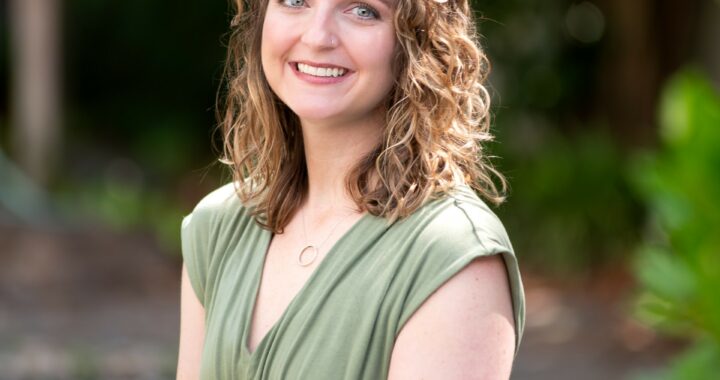Exchange Student Fights for Women's Rights
3 min readBY STEPHANIE BREIJO
Some college students have simple goals: getting to the next level of a videogame, skipping class to catch up on sleep, or simply finishing their homework at least once this semester. UMW freshman Nilab Sadat has loftier ambitions. She wants to change the world.
Sadat, a 22-year-old exchange student from Afghanistan, plans to do so through a non-profit organization called the Initiative to Educate Afghan Women (IEAW).
Sadat, who moved from Pakistan to Afghanistan after the fall of the Taliban regime, has spent much of her time working constantly to support her family. Hoping to make a better life for herself, Sabat decided to attend college in the United States.
“If I studied in Afghanistan, I would not have access to the Internet and I would have a lot of difficulties,” Sadat said. “Here, I can go outside under a tree and take my book and study. In Afghanistan I cannot do that. If I did, I would be renounced by thousands of people.”
Through her work in Afghanistan with the United Nations High Commission for Refugees, Sadat heard about IEAW. After a lengthy application and interview process, she was given what she says was the greatest educational opportunity of her life.
“It was in March that I received the acceptance letter from the organization and the University of Mary Washington and that was the best moment and feeling for me so far,” Sadat said. “But at first I thought the university’s name was Mary and it was located in Washington. Then I was confused so I looked it up and saw it was located in Fredericksburg – even if I couldn’t pronounce Fredericksburg correctly –I was really so excited about it.”
Although Sadat was anxious to begin her studies, she immediately became comfortable in her classes.
“My first weekend at the university, I found it so different,” Sadat said. “I was really afraid of everything, but in one week I got so much confidence because I met a lot of friendly people.”
Though Sadat is currently undecided on her major, she has already developed an appreciation for the high level of teacher-student interaction at UMW.
“[The professors] give time to students, which in my school time, I did not have. If you were talking a lot and asking a lot of questions, it was thought you were not a polite student,” Sadat said. “The first days here I was not asking questions, I was not talking at all but I saw that people were doing it differently so I started doing it too. I’m glad I did.”
Even in the States, however, Sadat is still reminded of the home she left behind.
“When I read these history books about western civilization, when I read that women 100 years ago were not supposed to participate in public and there were so many things they were not supposed to do, I think that it’s not new for me because I have lived in that society today,” Sadat said. “This is not history for me – it’s something I read about that describes my own country. Unlike other countries, instead of going forward, it went backward.”
The current state of Afghanistan serves as an inspiration to Sadat, who, like other IEAW students, hopes to serve as a positive influence to those in her home country.
“As a woman to be educated, working in any position, I would want to free other women,” Sadat said. “You can assemble and train other women. In a male-dominated society, you can show that women can do something and I really want to show that to everyone to change the woman’s right.”
Sadat is aware of the difficulties that she will face when it comes time for her to leave Fredericksburg after graduation.
“The way I’m used to seeing things here, it will be a big challenge for me to go back to my country,” Sadat said. “But this is the aim – this is the aim of the program, the aim of my coming here and I shouldn’t be shocked for it. I have to work hard and I have to be patient because we are the ones who will make changes.”


